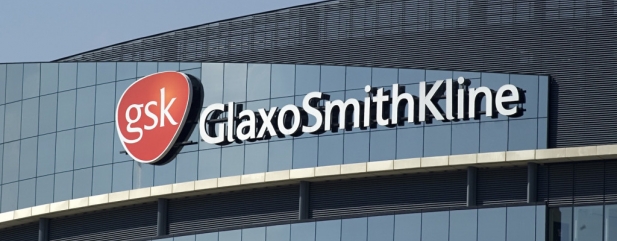Archived article
Please note that tax, investment, pension and ISA rules can change and the information and any views contained in this article may now be inaccurate.
Renewed speculation that GlaxoSmithKline could spin off consumer division

Pharmaceutical giant GlaxoSmithKline (GSK) is once again in the spotlight about potentially spinning off its consumer division to unlock value in the business and have a tighter focus. The demerged entity would focus on such brands as Sensodyne, Piriton and Panadol.
UBS analyst Michael Leuchten says a break-up of the business makes sense and highlights the consumer business only generates approximately 20% of group earnings.
Citi is more sceptical, arguing the apparent reassessment of a break-up is an attempt to ‘buy time and support the recently rebounded share price’. The shares are up 18% so far this year.
The investment bank highlights any strategic review is not a commitment to breaking up the business and the speculated two to three year timeline ‘may as well be an eternity’.
According to media reports, Glaxo’s chairman Philip Hampton has been talking to large shareholders about creating a more focused pharma and vaccines company. Achieving this task may require an improved performance from the pharma operations which have lagged the peer group in terms of developing new blockbuster drugs.
In the first quarter of 2018, pharma sales increased by 2% to approximately £4bn once currency changes were stripped out, driven by growing sales from its HIV drug portfolio.
Sales in the consumer healthcare division were also up 2% to £2bn although this pales in comparison to a 13% surge in vaccine revenues to £1.2bn.
Chief executive Emma Walmsley last year brought in drug development expert Hal Barron as the company’s new chief scientific officer. He is expected to drive the performance of the pharma division by boosting spending.
In March, the company bought out its 36.5% consumer healthcare joint venture partner Novartis to obtain full control.
In the same month, GlaxoSmithKline also decided not to bid for Pfizer’s consumer assets, which may have been a relief to investors as debt would have risen significantly had it done the deal and put the dividend at risk.
Despite walking away from the Pfizer assets, the company does have its sights set on other acquisitions, particularly those that specialise in blood cancers, according to reports.
Walmsley says any acquisitions must meet GlaxoSmithKline’s criteria for returns and not compromise the company’s capital allocation priorities. (LMJ)
Important information:
These articles are provided by Shares magazine which is published by AJ Bell Media, a part of AJ Bell. Shares is not written by AJ Bell.
Shares is provided for your general information and use and is not a personal recommendation to invest. It is not intended to be relied upon by you in making or not making any investment decisions. The investments referred to in these articles will not be suitable for all investors. If in doubt please seek appropriate independent financial advice.
Investors acting on the information in these articles do so at their own risk and AJ Bell Media and its staff do not accept liability for losses suffered by investors as a result of their investment decisions.
Issue contents
Aequitas
Big News
- Sosandar is a rare retail success story in 2018 with soaring shares
- Asset valuation concerns cloud Hammerson as it seeks £1.9bn disposals
- Shareholders rally to block excessive pay packages
- Can Jack’s work its magic as Tesco’s new discount chain?
- Renewed speculation that GlaxoSmithKline could spin off consumer division

 magazine
magazine








